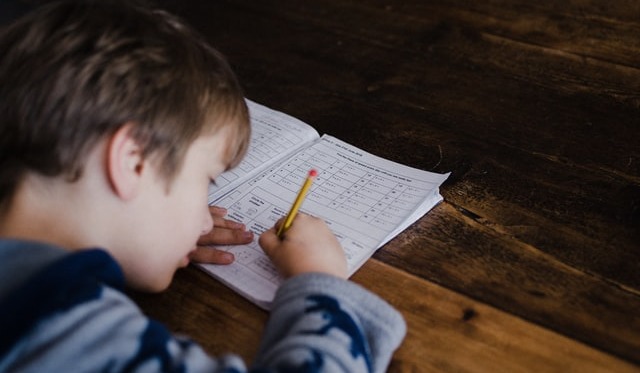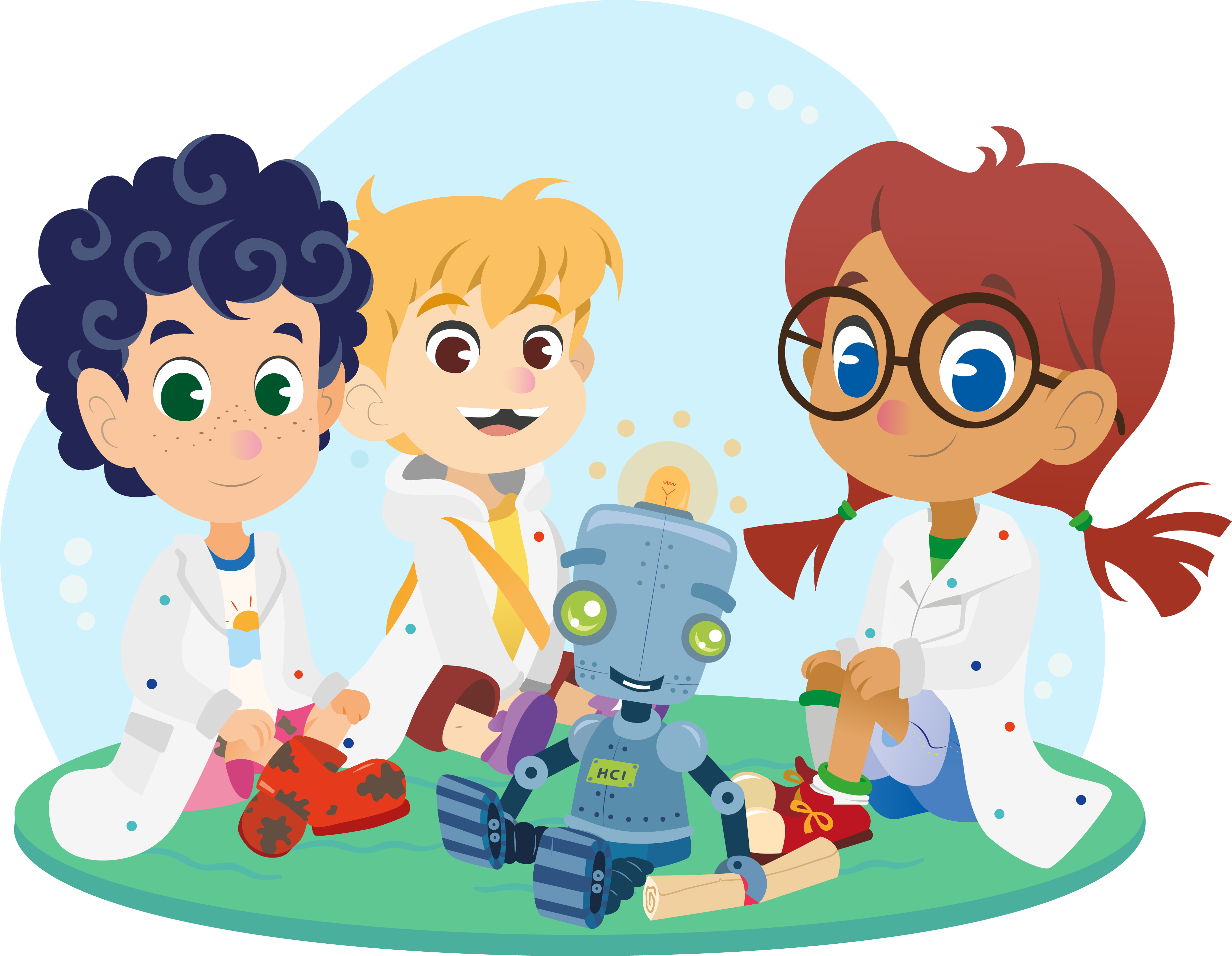Tests Suck. Don't Give Them.
We did some soul searching about how we dream of assessment and came up with a ~30-page document. We’ll be publishing that shortly. In the meantime, here are the highlights, straight from our pedagogical experts.

Who among us doesn’t have a memory of sitting down to take a written exam, sweating more than we’d like to admit, and just absolutely forgetting everything we’d learned?
Or even worse, looking at the questions on a test and thinking, I didn’t know I’d be asked about this!
Now finally, one more question: Do we really think this is the best way to get a good learning outcome? What does it promote, other than anxiety?
Our answers: No, and pretty much just anxiety.
So with that in mind, we did some soul searching about how we dream of assessment, and came up with a ~30 page document. We’ll be publishing that shortly.
In the meantime, here are the highlights, straight from our pedagogical experts.
Learning goals should be transparent for the learner, and assessment should be linked to those goals.
If the learner doesn’t know what they’re being assessed on, assessment will be useless for them. When the learner and teacher are united in understanding the goals, then they know what to pay attention to.
Assessment, done in this way, transparently, is a good way of focusing the learner’s attention. Think about the age old question: Will this be on the test?
Ditch the test, but keep the goals clear.
Assess the whole learning process, not just the end result.
Formative assessment provides continuous feedback to children about their process. When done regularly, the pain points in the learning process can be spotted proactively, and the teacher can better support the learner. If feedback is only received at the end, it doesn’t benefit the learning.
We also encourage teachers to assess their learning and methods, and modify lessons to better suit the needs of children, if needed.
Support learning.
There’s a time for learning facts, but at this stage of development, we prefer to focus on the development of skills. Rather than delivering knowledge, the teacher should aim to trigger curiosity and questions. At the same time, they guide children to acquire and produce knowledge, and to apply that knowledge and build understanding.
Formative assessment practices that are build on a supportive atmosphere have remarkable effects on the learner’s motivation, as well.
Make practicing skills visible.
Like any other skill, growth comes from repetition. Skills are also more permanent than loose facts. What were you learning in school when you learned how to ride a bike? I rest my case.
More to the point, a skill is never completed. Using a skill in different situations helps develop and grow knowledge holistically.
We visualise this learning process by using self-assessment tools (a portfolio, perhaps), and collecting information about how the child has practiced their skills. Making the process tangible and visible in a meaningful way can be challenging, and we’ll have more content in the future dedicated solely to this part of the process.
The child should be an active participant in the assessment process.
Put another way — all parties in the learning process should be active in the assessment process. This includes parents, guardians, teachers, learners, peers, and so on.
Making assessment child-oriented demonstrates to them what they’re being assessed on, and they can provide feedback on the learning process.
The teacher should also assess their teaching from the point of view of the child. Were the children asked questions, and were there opportunities for them to demonstrate what they’ve learned?
When the assessment is transparent to all participants, everyone wins.
Related articles
We look at the learning process because that's more beneficial for the child. There is no huge...
Observing and communicating skill growth can be hard, but it doesn't *need* to be hard. Find out...
Our pedagogy might not be what parents are used to. Here's how you can explain teaching concepts...


